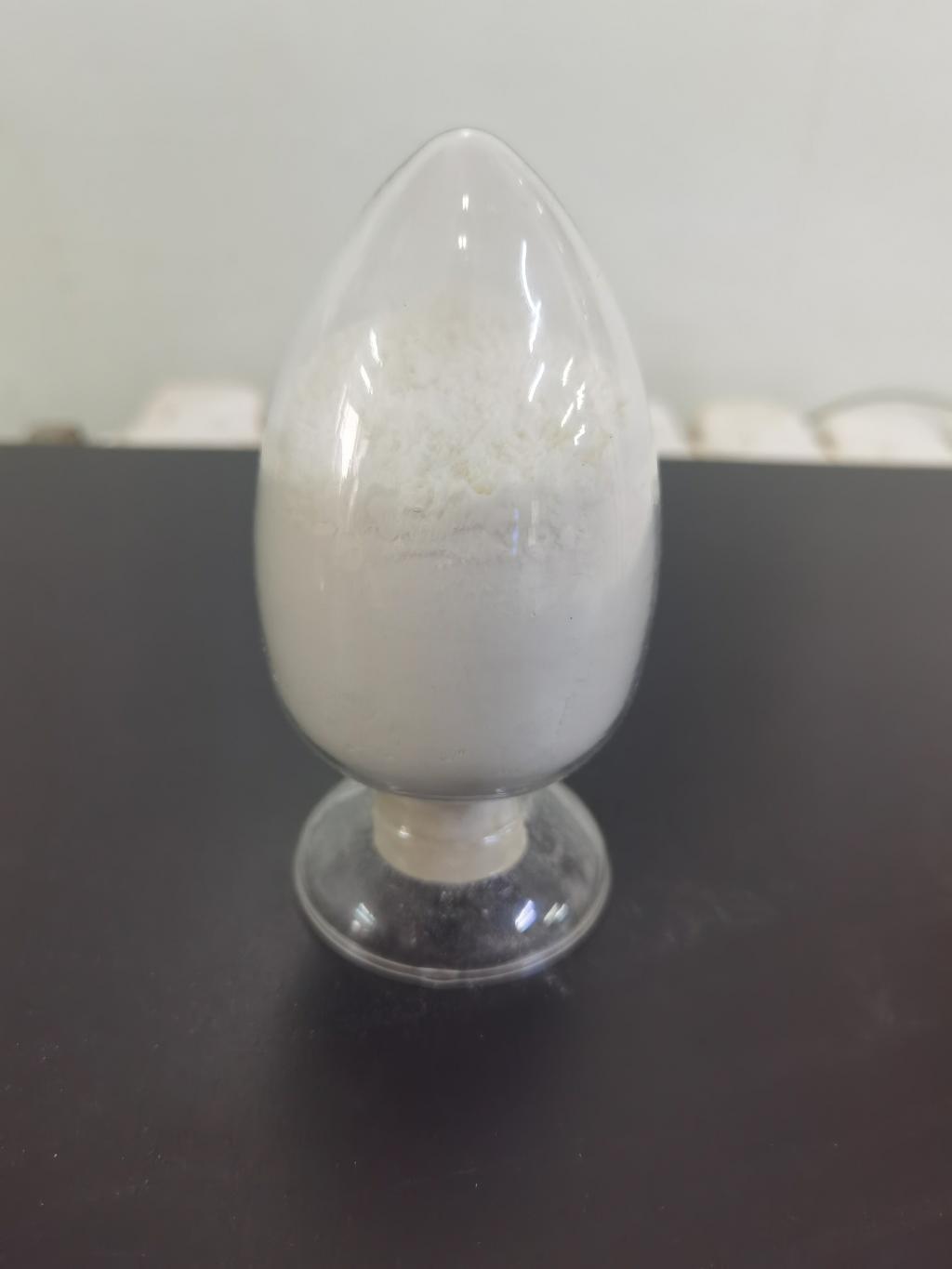Tel:+8618231198596

News
 CONTACT
CONTACT
 CONTACT
CONTACT
- Linkman:Linda Yao
- Tel: +8618231198596
- Email:linda.yao@dcpharma.cn
- Linkman:CHARLES.WANG
- Department:Overseas
- Tel: 0086 0311-85537378 0086 0311-85539701
News
How ε-Polylysine hydrochloride enhances the safety of traditional and ethnic food products.
TIME:2024-10-15
Mechanism of Action
ε-Polylysine hydrochloride is a cationic homopolymer of L-lysine, produced through bacterial fermentation. Its primary mechanism of action involves the disruption of the cell membranes of microorganisms, leading to the leakage of intracellular components and ultimately, cell death. ε-PL is effective against a wide range of Gram-positive bacteria, yeasts, and molds, making it a versatile preservative for a variety of traditional and ethnic food products.
Enhancing Microbial Safety
One of the key benefits of using ε-PL in traditional and ethnic food products is its ability to enhance microbial safety. These foods often contain a mix of ingredients and may undergo minimal processing, which can increase the risk of microbial contamination. Common pathogens such as Listeria, Salmonella, and E. coli, as well as spoilage organisms like yeasts and molds, can compromise the safety and quality of these products. By incorporating ε-PL, manufacturers can effectively control these microorganisms, thereby reducing the risk of foodborne illness and extending the shelf life of the products.
Applications in Various Food Categories
ε-PL can be applied to a wide range of traditional and ethnic food products, including:
Fermented Foods: Many traditional and ethnic foods, such as kimchi, sauerkraut, and kefir, rely on fermentation. While fermentation itself can provide some antimicrobial effects, ε-PL can further enhance the safety and stability of these products by inhibiting the growth of undesirable microorganisms without affecting the beneficial probiotics.
Ready-to-Eat Meats and Seafood: Delicacies like cured meats, smoked fish, and ceviche are popular in many cultures. These products are often stored at refrigerated temperatures, but they can still be susceptible to microbial growth. ε-PL can help maintain the safety and freshness of these items, even under less-than-ideal storage conditions.
Dairy Products: Traditional dairy products, such as yogurt, cheese, and paneer, can benefit from the antimicrobial properties of ε-PL. It can help prevent the growth of spoilage organisms and pathogenic bacteria, ensuring that these products remain safe and of high quality.
Bakery and Confectionery: Ethnic baked goods and confectionery items, such as Indian sweets, Middle Eastern pastries, and Asian mooncakes, can be preserved with ε-PL to extend their shelf life and prevent mold growth. This is particularly important for products that are shipped or stored for extended periods.
Sensory and Quality Attributes
Maintaining the sensory and quality attributes of traditional and ethnic food products is crucial for consumer acceptance. ε-PL has been shown to have minimal impact on the taste, aroma, and texture of the final product. Unlike some synthetic preservatives, it does not impart any off-tastes or odors, and it does not affect the color or consistency of the food. This makes ε-PL an ideal choice for preserving the authenticity and sensory experience of these culturally significant foods.
Stability and Processing Conditions
ε-PL is stable under a wide range of processing conditions, including heat, pH variations, and freezing. This stability ensures that it remains effective throughout the production process, from mixing and cooking to packaging and storage. For example, ε-PL can withstand the high temperatures involved in baking, frying, or pasteurization, providing consistent protection against microbial growth.
Regulatory Considerations
The use of ε-PL in food products, including traditional and ethnic foods, must comply with local and international food safety regulations. In many countries, ε-PL is approved for use as a food preservative, and it is generally recognized as safe (GRAS) by regulatory bodies such as the U.S. Food and Drug Administration (FDA) and the European Food Safety Authority (EFSA). However, specific applications and maximum usage levels may vary by region. Manufacturers should ensure that their use of ε-PL aligns with the relevant regulatory guidelines and undergoes the necessary testing and approval processes.
Consumer Perception and Clean Label Trends
In today's market, consumers are increasingly seeking clean-label products that are free from artificial additives and preservatives. ε-PL, being a naturally derived compound, fits well within this trend. Its natural origin and proven safety record make it an attractive option for manufacturers looking to appeal to health-conscious consumers. By clearly communicating the benefits of ε-PL as a natural preservative, manufacturers can enhance consumer trust and satisfaction, while also meeting the demand for safer and longer-lasting traditional and ethnic food products.
Conclusion
The application of ε-polylysine hydrochloride in traditional and ethnic food products offers a promising solution to the challenges of microbial safety and shelf life extension. Its natural origin, broad-spectrum antimicrobial activity, and minimal impact on the sensory and quality attributes of the food make it a valuable tool for the food industry. As the global demand for authentic and high-quality traditional and ethnic foods continues to grow, ε-PL is likely to play an increasingly important role in ensuring that these products remain safe, fresh, and true to their cultural heritage. Ongoing research and development will further refine the use of ε-PL, contributing to the continued improvement of food safety and quality.
- Tel:+8618231198596
- Whatsapp:18231198596
- Chat With Skype







